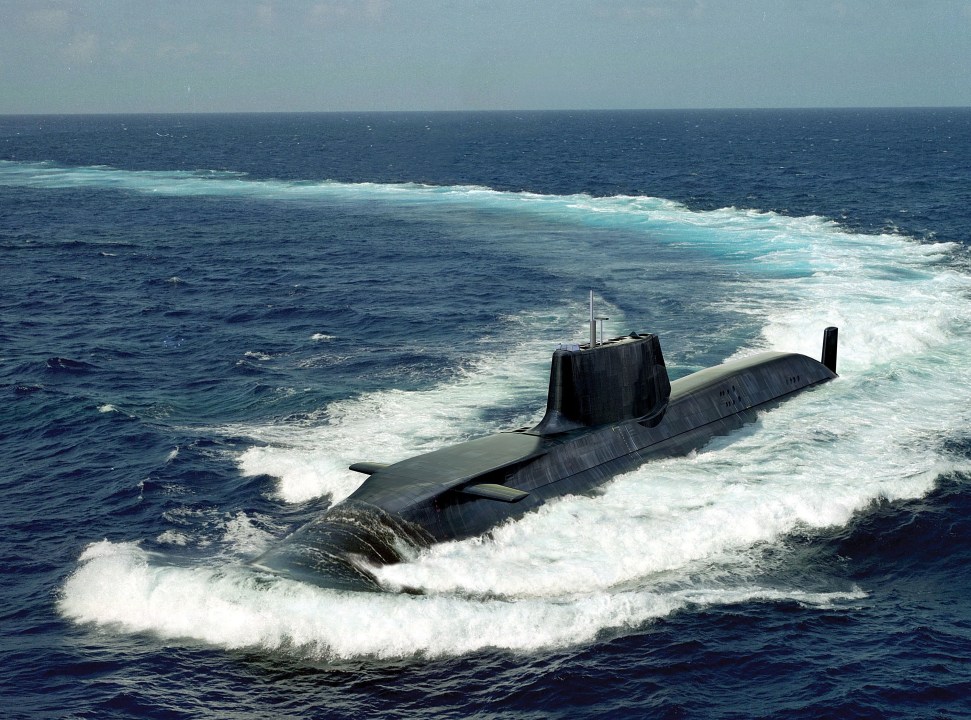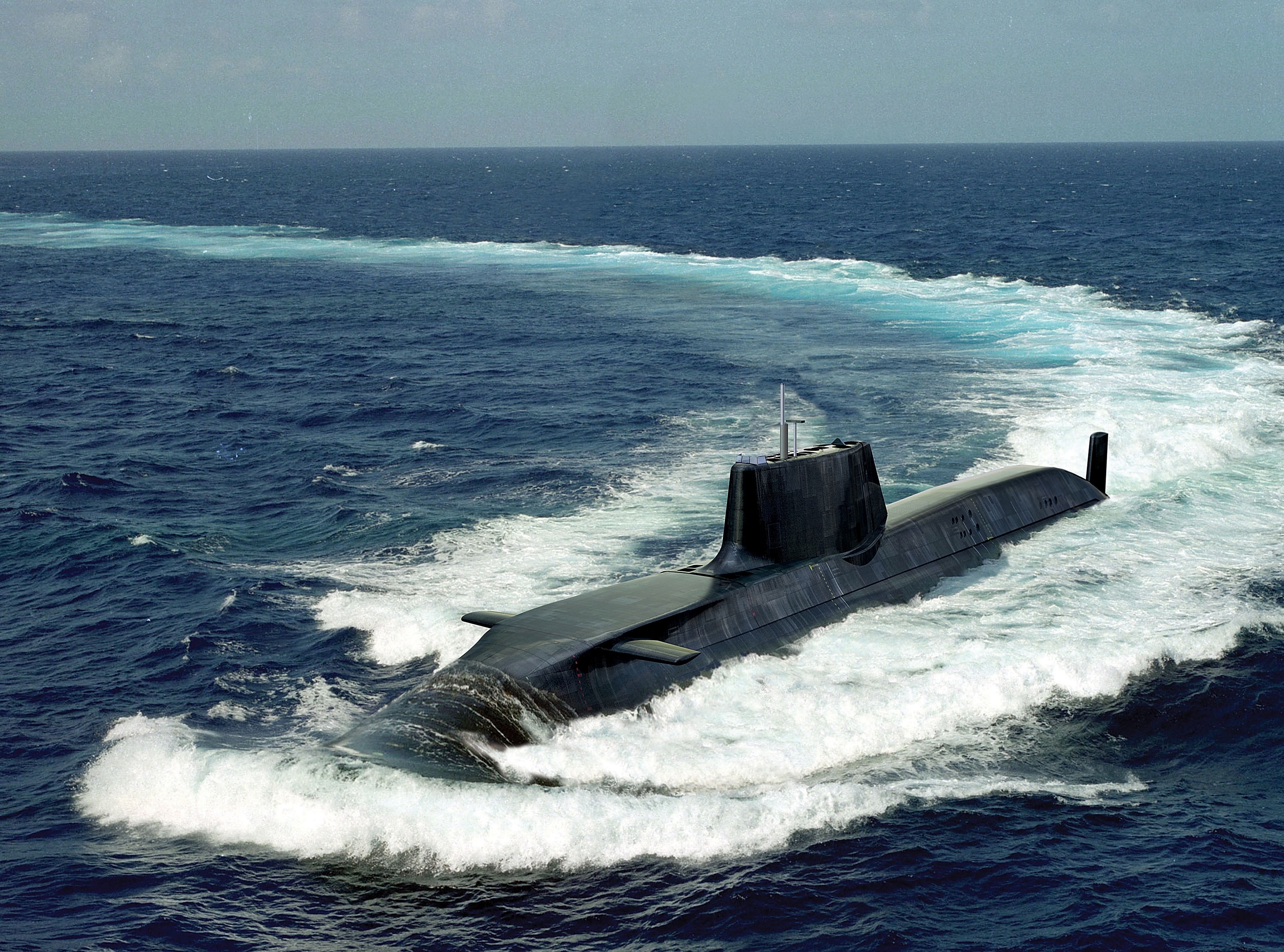Gideon Rachmann is unhappy that european defence budgets are still falling:
Since 2008, in response to the economic downturn, most big European countries have cut defence spending by 10-15 per cent. The longer-term trends are even more striking. Britain’s Royal Air Force now has just a quarter of the number of combat aircraft it had in the 1970s. The Royal Navy has 19 destroyers and frigates, compared with 69 in 1977. The British army is scheduled to shrink to 82,000 soldiers, its smallest size since the Napoleonic wars. In 1990 Britain had 27 submarines (excluding those that carry ballistic missiles) and France had 17. The two countries now have seven and six respectively.
And yet Britain and France are commonly regarded as the only two European countries that still take defence seriously.
[…] The situation in most other European countries is worse – Spain devotes less than 1 per cent of GDP to military spending. And much European military spending goes on pensions or pay, not equipment. The Belgians distinguished themselves in the Libyan campaign of 2011. But about 75 per cent of Belgian military spending now goes on personnel – causing one critic to call the Belgian military “an unusually well-armed pension fund”.
None of this might matter much if the US was still willing to step in whenever the Europeans fell short. In fact, America is losing patience with Europe’s inability to act on its own.
This is fine as far as it goes. The problem is that it does nto go very far. I confess I don’t see the point of writing about defence spending without at least attempting to match spending to needs. Nor, in its present predicament, do I quite see how one could realistically expect Spain to be in a position to double defence spending.
Washington often says it is displeased by europe’s defence draw-down. Doubtless this is so. It is also the case that Washington has persistently opposed efforts to build a common, independent, european defence capability. There are respectable reasons for this American view. Nevertheless just as it is reasonable to complain about european “free-riders” so it is reasonable to point out that the US has generally been happier with weak european allies within NATO than stronger european allies outwith NATO. That’s fine.
It is also true that there are sensible questions to be asked about British defence priorities. It seems quite probable that the present government’s cuts go too far, severely reducing Britain’s ability to punch at any weight at all.
Nevertheless one can take this too far too. The UK is still building its two new aircraft carriers (though lord knows what will happen to the second one) and is still planning to purchase a reasonable number of spanking new F35 jets. Britannia has not lost all her teeth.
Then again, I think you can make a credible argument that the money spent on the new carriers might have been better spent on new frigates and destroyers. The Navy has gone “all-in” on the carriers. Even so, I can’t think of any good reason – or even any bad one – for why we would need to maintain a Cold War era-sized submarine fleet. When a threat is removed it’s perfectly sensible to reduce some of your own counter-measures.
Show us the major, three-dimensional war for which europe should be preparing and you’ll have a better chance of persuading governments they should invest more in contingency measures.
And Rachmann’s lament – familiar as it is – falls down when he lists some future crises for which europe should be better-prepared:
Yet you do not have to look very far beyond Europe’s borders to see an array of potential threats massing over the next decade. The Middle East is in turmoil and thousands are dying in Syria, threatening the stability of the whole region. Iran’s nuclear programme could well lead to confrontation and threaten European energy supplies. Russian military spending is rising. And growing tensions between China and its neighbours could one day menace the freedom of navigation on which European trade depends.
Well, look, you could double the size of the French and British armies and still find no good reason for intervening in Syria. Nor do I think it likely that rising Russian military spending necessarily threatens Italy or Spain. As for Iran or China, well, if there’s trouble to be dealt with in those theatres you can guarantee the Americans will be leading the western response to those potential crises. What’s Belgium gonna contribute? What realistic threats to europe are there that Washington will not also consider a threat to its own interests?
I suspect the only way you could make european governments – whatever the economic climate – increase defence spending would be if Washington decided it was going to give up its leadership of the western world and retire from hegemony. Since Washington has no desire to do anything of the sort (and no-one will believe any bluff designed to persuade you Washington wants to get out of the game) europe’s defence posture may not be especially noble but it is at least rational.








Comments